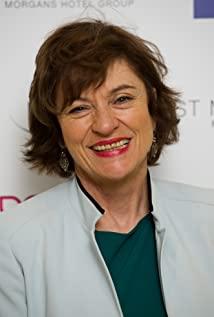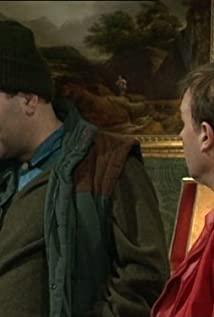UPDATE: Read the original novel and found that Sebastian hated his mother as much as Cara described Lord Marchmain rather than Catholicism. The funniest thing in the novel is probably Charles and his father's war without gunpowder. At the end of Lord Marchmain's death, Julia's contradictions, pain, and confrontation with Charles, the novel describes more wonderfully. But this version of the 1981 TV series is a perfect replica of the novel, and almost every scene when reading can immediately think of the corresponding picture.
It would be too restrictive to only define the show as a same-sex theme. It includes too much: religion and destiny, old aristocracy, family ethics, World War II... My views on religion are basically the same as Charles, so I can understand his confusion very well. Why does the Flyte family always talk about religion, why is Sebastian so against family and religion. He probably couldn't understand in the end why none of the Flyte four could escape his seemingly ridiculous dogma, and neither did I. When Charles finds his best friend in deep loneliness and pain, self-destruction with alcohol, and no one can save him, he can only monologue there's nothing I can do.
I believe that when Charles replied to Julia that he loved Sebastian, that love had a more complex meaning. They attract each other, support each other and find fun. They had a great summer in Brideshead and Venice. But things get more complicated when Charles goes deep into Flyte's family. Since Charles couldn't understand the family's "obsession" with religion or S's resistance, maybe he was also confused by what S said about the choose side. It's a pity that since Charles was accepted by the family, he was no longer just an ally of Sebastian.
The relationship between Charles and his father is also very delicate. Since I haven't read the original book, I can only guess that the father and son are indifferent. The sparks of emotion that Charles occasionally burst out were always quenched by a cold sentence from his father. So I take it to myself that because of his father's influence, Charles himself doesn't have much interest in other people, and doesn't want to spend too much energy making friends, except Sebastian. He poured all his interest and attention into S, and he was proud of his association with the Marquis, with whom he had been entangled for over 20 years. He kept poking out the recent situation of S from his mouth. He hastily married Celia and had a child, and was relieved to find out that she was cheating on her. I always suspect that his love for Julia includes his love for S. They have similar shadows, and Julia will always remind him of this dear friend.
Lord Marchmain, who was so resistant to Catholicism, could not escape the influence of religion before his death. Charles finally realized that he and Julia couldn't be together because of the difference in beliefs. I've always thought that Charles was so averse to the priest visiting Lord Marchmain because he wanted to fight the Flytes and Catholicism by doing this, and he saw Lord M as an ally. It might also be seen as a compensatory act for failing to defend S and giving him more support in the first place. S drank heavily and avoided society, and he felt responsible. What would C think after hearing from Cordelia that S had converted to Catholicism. The fates of father and son overlap, and both ultimately can't shake off what they once struggled to escape.
Sebastian and Kurt's relationship is also very delicate, I feel like a kind of degenerated friendship, both of them get what they want. S finds in Kurt to be needed, to be loved, to find what he has left behind in England. Kurt can get wine, shelter, money. The role of S is so distressing. In order to escape from family and religion, he lost his dignity and friendship. He could not be understood by the people closest to him, and he drifted alone for a lifetime. How disappointed, lonely, and heartbreaking when he found out that C had become "mommy's side".
It's really a bit like a dream of Red Mansions, it's all the illusory beauty of the upper class. But it is much gentler than Dream of Red Mansions, and everyone has a little right to choose.
This is a good work that makes people unbearable to read, but eager to immerse themselves in the story all the time.
View more about Brideshead Revisited reviews











